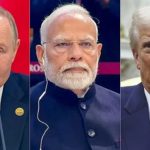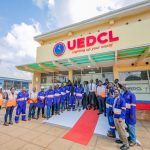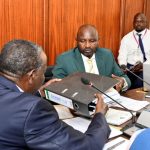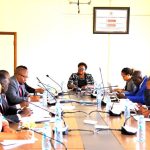Published on 08/04/2025
Lawmakers from the ruling National Resistance Movement (NRM) have backed a proposal to increase nomination fees for parliamentary candidates from the current UGX 2 million to UGX 3 million, arguing that the move will help reduce the number of contestants in general elections.
The development was revealed by Padyere County MP Isaac Otimgiw in an interview at Parliament on April 4, 2025, following the NRM Parliamentary Caucus meeting held at the Office of the President in Kampala.

“The nomination fees have been raised from UGX 2 million to UGX 3 million for Members of Parliament. In 2021, the fee was UGX 2 million, and now it is UGX 3 million,” Otimgiw said. “Some members even proposed raising it to UGX 5 million to discourage unserious contenders. The belief is that higher fees will reduce the number of people contesting for constituency seats.”
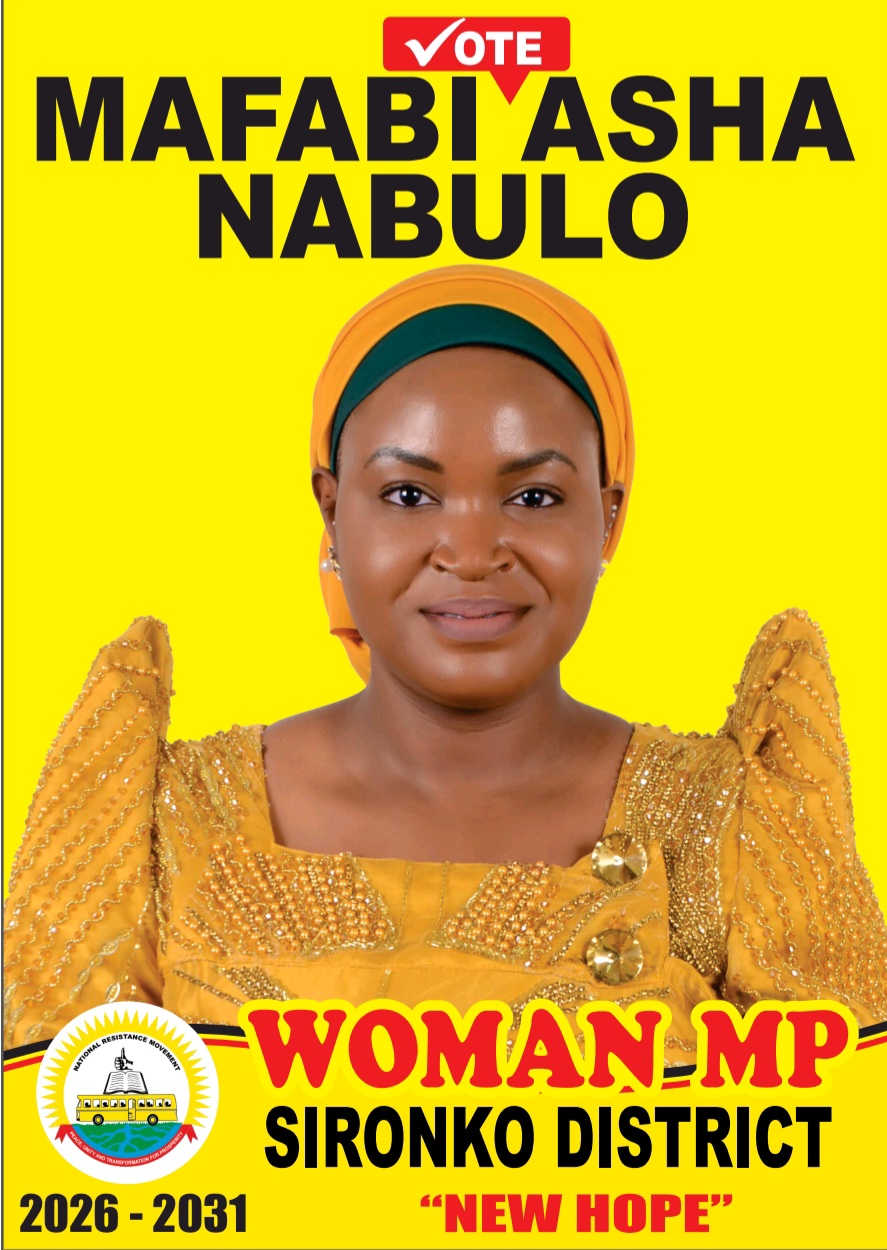
However, not all members are in agreement. William Museveni, MP for Buwekula South County, expressed concern that the increase could exclude young and economically disadvantaged Ugandans from participating in the electoral process.
“Even UGX 3 million is too much,” he said. “Some people want to contest but can’t afford it. In my opinion, the fee should be reduced to UGX 1 million to encourage broader participation.”
During a press briefing on the outcomes of the closed-door caucus meeting, the NRM Electoral Commission Chairperson, Dr. Tanga Odoi, disclosed that the party’s register currently has 24 million members—some as young as 16 years. However, he clarified that a cleanup exercise will determine the actual number of eligible voters.

“As of now, NRM has 24 million members starting from 16 years old,” Odoi said. “Once we conduct structured elections and village-level vetting (Baraza), we will remove names of the deceased or ineligible. We estimate the final number of eligible voters could drop to 19.4 million.”
He acknowledged that some registered members are under 18—the legal voting age—but assured the public that these will be filtered out.
Odoi also announced that the party’s parliamentary primaries will be held in July 2025, ahead of the 2026 general elections.
“Expression of interest for parliamentary candidates will run from June 2 to June 15. Nominations will follow, with elections slated for July 16, 2025. LCV Chairpersons and Councillors will be elected afterward on July 24, 2025,” he said.
In a bid to maintain unity and discipline, Odoi defended the party’s proposal to hold joint campaigns for its internal elections, citing Article 44(4) of the NRM constitution, which emphasizes family-style campaigns.
“Campaigns should not tear the party apart. They must focus on issues, not personal attacks or propaganda,” he said. “Members should speak openly, respond respectfully, and maintain party unity.”
Odoi emphasized the independence of the NRM Electoral Commission and said the Commission was working to ensure a transparent process that minimizes fallout.
“Unfair elections lead to disgruntled members who may choose to run as independents. In 2020, we lacked a proper register. Now, we have a credible one—about 90% complete—and we aim to finalize it by July,” he said.
Still, Odoi admitted that some losing candidates might refuse to accept the results, driven by personal ego.
“Some people simply don’t want to lose. I’ve seen petitions over just 628 votes, even when the winner had 50,000. That’s human nature—greed, ego, denial,” he said.
Government Chief Whip Hamson Obua also addressed journalists, confirming that the Caucus had received and adopted the NRM Secretariat’s report on the party register and the political roadmap for 2024–2027. The meeting also included a presentation on wealth creation mobilisation.

“The goal was to reawaken and reassure members about their role in mobilising for the NRM government’s wealth creation initiatives. We have a social contract with Ugandans, and we must monitor how trillions of shillings are being utilised under these programmes,” Obua said.




